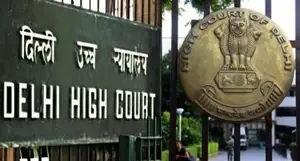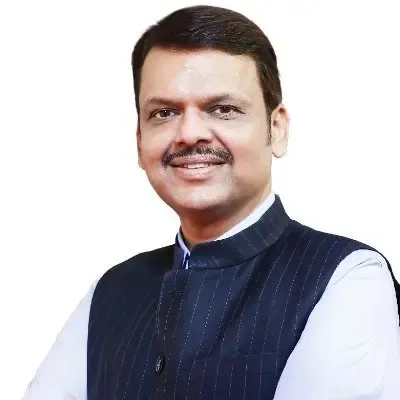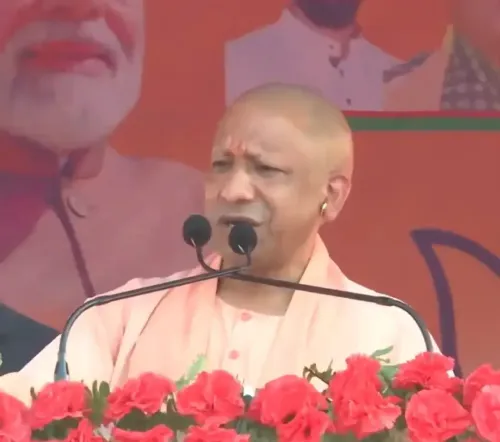Can the Delhi Government Intervene in Unassisted School Fees?

Synopsis
Key Takeaways
- Delhi High Court limits DoE's authority
- Focus on preventing profiteering
- Schools can set fees but with restrictions
- Government intervention is limited
- Educational institutions must prioritize access over profit
New Delhi, Oct 10 (NationPress) The Delhi High Court has concluded that the Directorate of Education (DoE) lacks “unbridled” authority to regulate the fees imposed by unaided schools. Its role is limited to preventing profiteering, commercialisation of education, and the collection of capitation fees.
A Bench comprising Chief Justice Devendra Kumar Upadhyaya and Justice Tushar Rao Gedela upheld a single-judge Bench’s ruling that annulled a DoE order banning fee hikes by Bluebells School International and Lilawati Vidya Mandir for the academic year 2017–18.
In a verdict issued last year, the single-judge Bench supported the writ petitions from the schools and quashed the DoE’s order regarding fee increases.
Parents, through their children, and the DoE challenged this ruling, arguing that the government is entitled to regulate the fees charged by unaided schools under the Delhi School Education Act (DSEA), 1973.
In its ruling, the CJ Upadhyaya-led Bench posed the question: “In the present scenario, can the DoE be considered to possess the essential power and jurisdiction to stop privately run and unaided schools from increasing their fees under the provisions of Section 17(3) and 18(4) of the DSEA, 1973, in conjunction with Rule 172 to 179 found in Chapter XIV of DSER, 1973?”
The Delhi government asserted that the Supreme Court judgment granted the DoE clear authority to regulate fees, citing that “the Director is empowered to manage fees under Section 17(3) of the DSEA, 1973.”
On the other hand, counsel for the parents argued that “the government possesses the necessary powers to enforce regulatory measures and ensure that educational institutions continue to play a crucial role in spreading education rather than generating profit.”
Conversely, the schools contended that “No interference is warranted with the judgment of the learned Single Judge simply because this Division Bench disagrees with the conclusions unless it is shown that the Single Judge's view is flawed or clearly illegal.”
The representative also opposed any remand, stating it would be “an exercise in futility.”
After considering the arguments, CJI Upadhyaya remarked, “The Hon’ble Supreme Court in the case of (Modern School v. Union of India), upon evaluating the legal framework regarding the government’s power to regulate fees for unaided schools, concluded that such regulation is permissible only to curb profiteering, commercialisation, and the charging of capitation fees by these institutions.”
It was also noted that the authority to manage fees charged by unaided schools cannot be interpreted as “unbridled power” or authority for the State to regulate these fees.
“The authority available to the GNCTD under Section 17(3) of the DSEA, 1973, is limited to ensuring that profits or surpluses generated by schools are not diverted for any alternative use or personal benefit,” highlighted the Delhi High Court.
Dismissing the appeals from parents and the Delhi government, the CJ Upadhyaya-led Bench reiterated the single-judge Bench’s observations that the DoE may proceed afresh in accordance with the law to assess possible violations by the schools.









